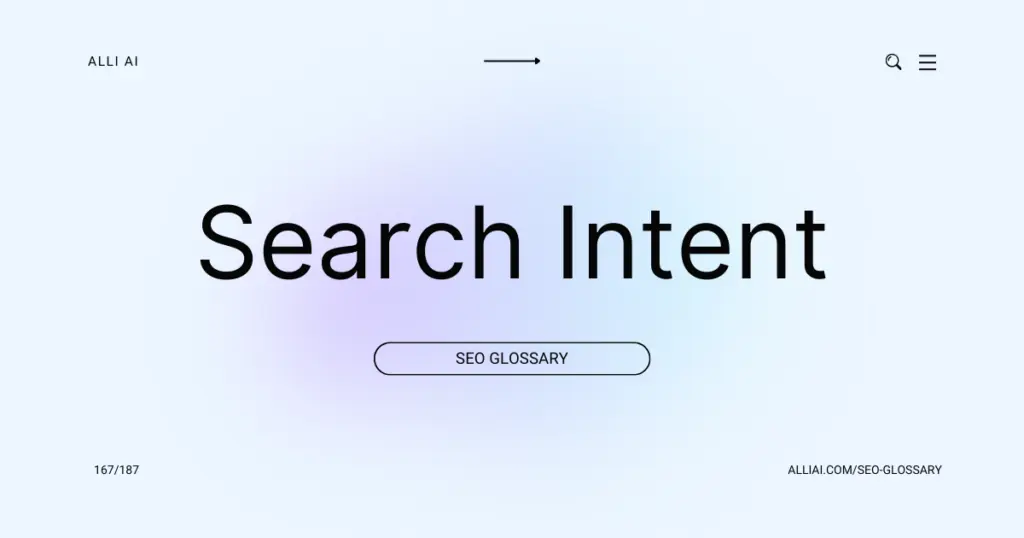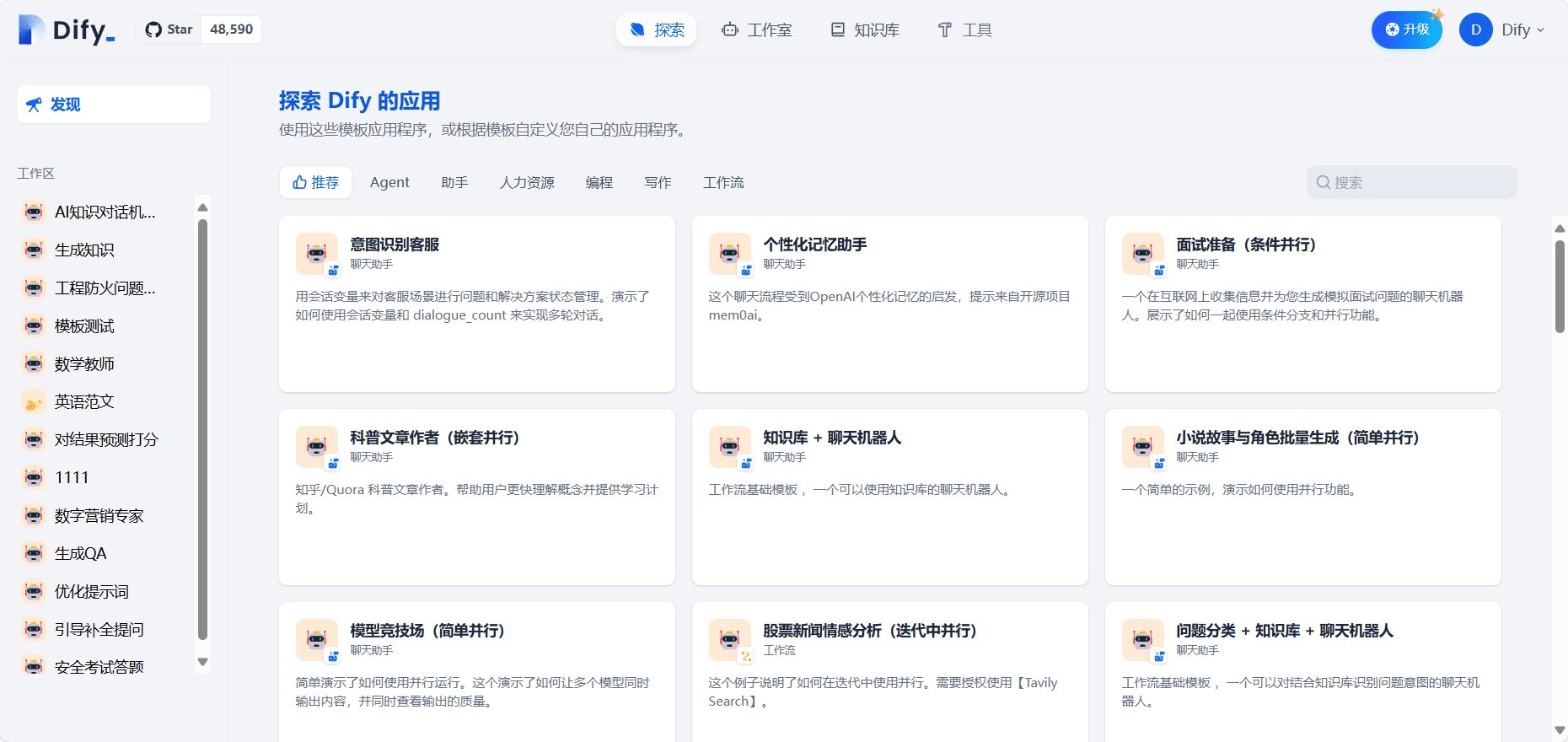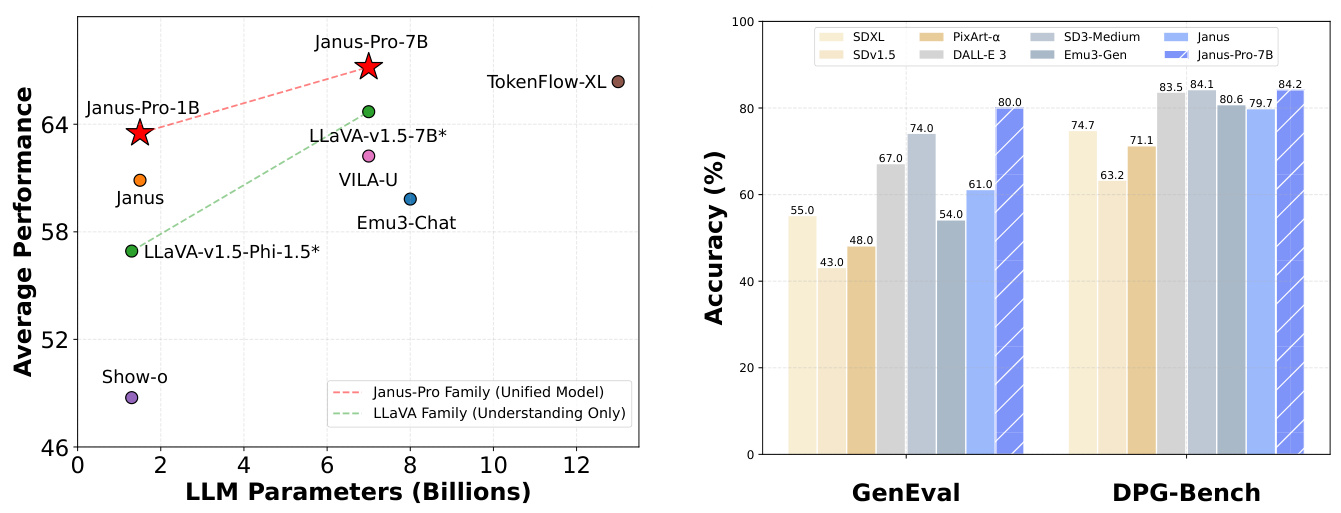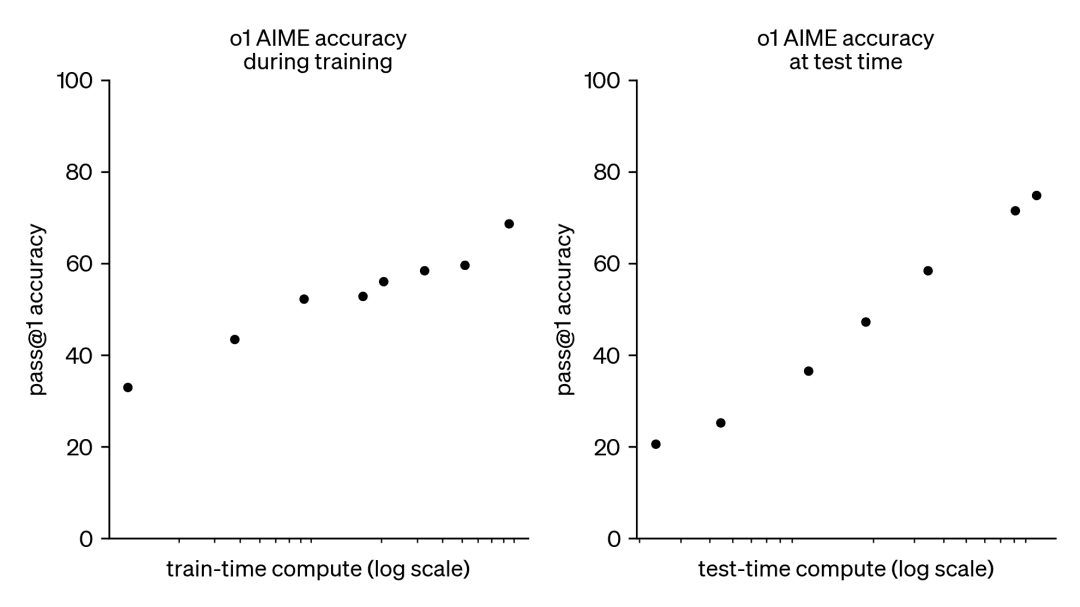Bing: How AI-Driven Search Engines Can Increase the Value of Intent-Driven SEOs
Imagine a tech company planning to launch an innovative eco-friendly smart coffee maker. The coffee maker is designed for tech-savvy coffee enthusiasts and busy professionals looking for convenience, personalization, and sustainability. In order to attract the desired target audience, they hired a marketing agency. However, the agency failed to accurately capture the search intent of potential customers and instead of targeting specific segments, launched a costly marketing campaign that used broad keywords such as "best coffee maker" and "luxury coffee maker" to target ordinary Coffee lovers.This marketing agency clearly understands SEO as being stuck in the stone age, and with this approach, any more budget can only go down the drain.
By not focusing on the search user's intent for a smart, technology-driven solution, this marketing campaign did not effectively reach the target audience. Ultimately, the product launch failed to attract the desired customers, resulting in low sales and a wasted marketing budget. Had the campaign been aligned with the true intent of the product's potential customers, it could have ensured a successful launch and highlighted technology and convenience as the most important aspects to the target audience.

The Power of Intention
In the world of AI-driven experiences, understanding and leveraging searcher intent has never been more important. Companies like Microsoft Copilot Such technology is changing the game by delivering content, information and advertisements in an almost intuitive way that meets the unique needs and preferences of each individual, providing a highly personalized experience that resonates deeply with the audience and revolutionizing the way customers interact with businesses.
Through Artificial Intelligence and Natural Language Processing, Large Language Models (LLMs) like Microsoft Copilot are able to understand the searcher's intent behind the words used in a search query, resulting in more accurate and efficient search results. With the launch of "Generative Search," Microsoft Bing is furthering the evolution of search with the goal of creating a more seamless experience that enables searchers to explore, learn and find information in ways never before possible.Bing search engine of this upgrade, heralded the search technology has entered a new stage, the user is no longer passive to receive information, but can be more active with the search engine interaction.
Generative engines like Bing Generative Search understand and generate human language through Natural Language Processing (NLP) to deliver content to searchers. By analyzing large amounts of textual data to learn language patterns, context, and semantics, they are able to provide relevant and accurate responses to user queries. This process enables LLM to understand the intent behind the words used in search queries, ensuring that the content delivered matches what the user is actually looking for.
Utilizing these same NLP tactics when creating content can optimize it to rank higher, increase relevance, and enhance authority, ultimately improving its visibility and effectiveness.
Challenges for Digital Marketers
While this technology is amazing, it can be challenging for digital marketers to effectively optimize content for these advanced generative AI systems, also known as Generative Engine Optimization or GEO. In the past, digital marketing strategies often relied heavily on demographics and broad customer segments. But in the age of generative AI, the focus has shifted from who the customer is to what they're looking for - in real time. Now, every query becomes an opportunity for meaningful communication.This is certainly a huge challenge for marketers who are still stuck in traditional marketing thinking. They need to adapt to this new model centered on user intent as soon as possible.
It's also important to remember that, as has always been the case with SEO (and now GEO), there is no secret sauce or specific code to game the system. However, by understanding and leveraging user intent, marketers can create highly relevant and highly personalized content that resonates with users at the exact moment they are searching for an answer.
Effective Keyword Research
Before developing content that best appeals to AI-driven search engines, it's important to analyze and determine which keywords and phrases people are using to find a website or a competitor's website. This analysis provides insight into the topics and issues that your audience cares about.
Bing Webmaster Tools' Keyword Research Tool A great starting point for recognizing basic keywords and phrases. If you are a Microsoft Advertising customer.Keyword Planner is another useful resource to help develop keywords.These tools provided by Bing are very useful for SEO practitioners, especially the keyword research tool, which can help them better understand user search behavior.
Once the base keywords have been identified, the next step is to further optimize the content using advanced techniques. This is where Natural Language Processing (NLP) comes into play.
NLP How to Improve Search Engine Rankings?
For digital content creators, leveraging NLP techniques such as intent-driven keyword optimization can dramatically improve content visibility and ranking. By understanding and applying these techniques, creators can optimize their content to better align with user intent and AI search engine algorithms.
Take, for example, a user who searches for the following:
"Best Eco-Friendly Coffee Maker".
In a generative search system, the results will display a variety of eco-friendly coffee makers and coffee pots available for purchase, highlighting their prices, features and materials. They will highlight brands that emphasize sustainable and recyclable materials and provide links to articles and guides about sustainable brewing, as well as more information about eco-friendly coffee maker options. As you can see, these systems are meeting the intent of the user's query as efficiently as possible.Generative search does a really good job of understanding user intent and providing more accurate and comprehensive information based on the user's vague search terms.
keyword strategy
To successfully utilize NLP for better search engine rankings, consider incorporating the following keyword strategies into your website and landing pages:
- Intentionally oriented contentFocus on the intent behind the search query, not just the keyword itself. For example, if keyword research reveals that users are searching for "how to choose an eco-friendly coffee maker", provide a detailed step-by-step guide, not just generalized information.
- long-tail keywordsThese are highly specific phrases that capture user intent more accurately. For example, instead of "eco-friendly coffee maker", use "eco-friendly smart coffee maker best for busy professionals". Incorporate these naturally into your content to match detailed search queries.
- Conversational Keywords: These keywords mimic natural language patterns and questions users might ask. For example, "best brands of eco-friendly coffee makers", "eco-friendly coffee makers with smart features" and "best eco-friendly coffee maker reviews". Use these keywords in content to align with the conversational nature of generative search.
- semantic keywordThese are relevant terms and phrases that help search engines understand the context of the content. For example, if the main keyword is "eco-friendly coffee maker", include related terms such as "sustainable brewing", "green coffee maker", and "environmentally friendly coffee maker" and "environmentally friendly".
- Question keywords: These are keywords in the form of questions. For example, "How do I find the best eco-friendly coffee maker?" Or "Which are the top eco-friendly coffee maker brands?" Use these keywords in your content to directly answer common questions that users may have.
By strategically implementing NLP techniques and catering to specific user interests such as eco-friendly products, digital marketers can significantly improve their chances of being found by AI-driven search engines and effectively reach their target audience. This approach not only meets the immediate needs of users, but also builds trust and loyalty by consistently delivering meaningful and valuable information.These keyword strategies are valuable for digital marketers to help them with better content creation and SEO optimization.
Keeping content fresh
While it may be tempting to "do it all", AI systems rely on the freshest information to determine the most relevant content to show searchers. Regularly updating content not only helps to maintain rankings, but also keeps audiences tuned in to the newest and most valuable information. This practice can significantly impact how AI systems view and evaluate websites.In this age of information explosion, timeliness of content is crucial. Search engines favor fresh content and users prefer to get the latest information.
To ensure that fresh content is immediately reflected in search engines, use IndexNow, an open-source protocol that allows for immediate notification to search engines of changes to a website, such as updates, deletions, and new content.
Connect with your audience
Just as this tech company's eco-friendly smart coffee maker needed the right marketing approach to reach its target audience, digital marketing strategies should be aligned with the true intent of the searcher.
Remember to focus on detailed keywords using natural language processing techniques and always keep the content relevant and up-to-date. Utilizing Bing Webmaster Tools and other SEO performance tools to monitor traffic, and look at internal reports and analytics tools to determine conversion rates and continually adjust as needed.
By understanding the real needs and intentions of your customers, it will be possible to create content that resonates deeply with your audience, addresses their pain points, and provides practical solutions to their problems. Adopting this strategy will not only increase visibility in AI-driven search engines, but will also create stronger connections with your audience, leading to increased engagement and conversions, while helping to build lasting customer relationships.In short, intent-driven SEO is the future of digital marketing. Only by truly understanding user intent can you succeed in the age of AI.
© Copyright notes
Article copyright AI Sharing Circle All, please do not reproduce without permission.
Related posts

No comments...




